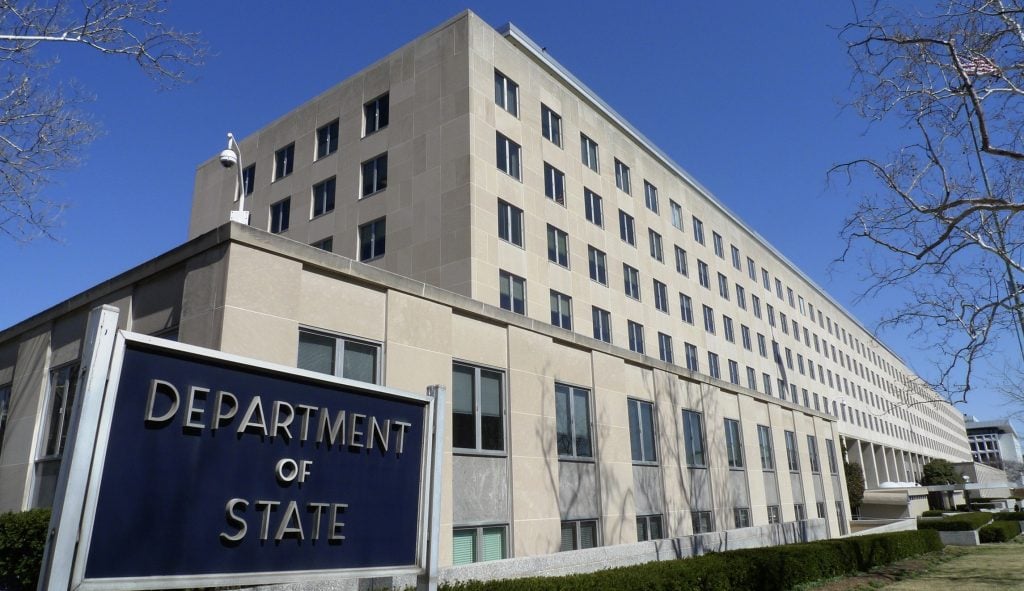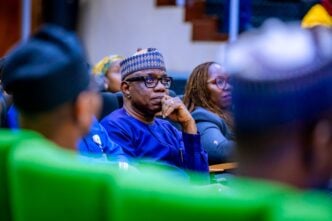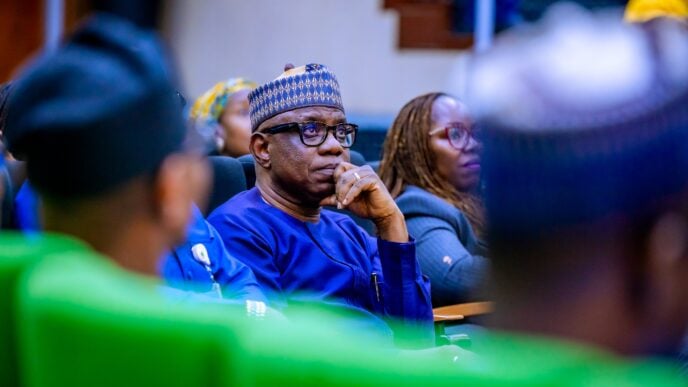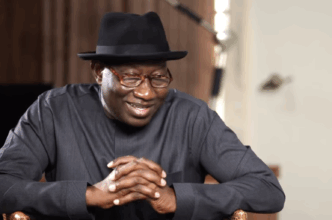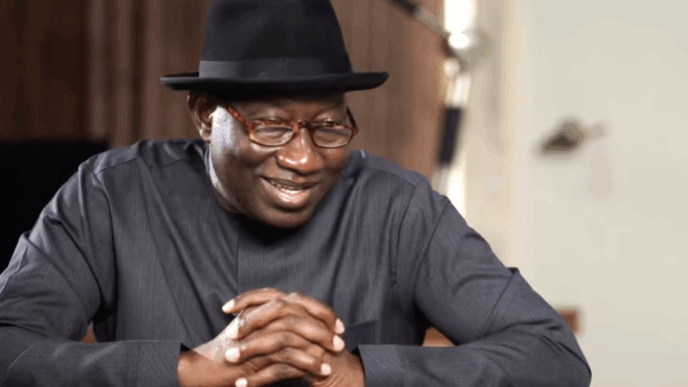BY OLUFEMI ADUWO
The United States Department of State’s 2024 Country Report on Nigeria lays bare the deep fractures in the nation’s governance, security architecture, and justice delivery system. Far from being a perfunctory diplomatic document, it is a forensic indictment of a state apparatus that continues to fail its citizens in the most fundamental of ways. The report does not simply allege; it documents enforced disappearances, arbitrary detentions, abuse of arrest powers, interminable pre-trial detention, corruption within the judiciary, and the erosion of the new minimum wage by economic mismanagement.
The revelations are neither new nor surprising to Nigerians, who live with these daily realities, but they carry a heavier weight when chronicled by a foreign government whose assessments shape international perception, bilateral relations and aid priorities. The reference to SARS Awkuzu in Anambra state, where young men have vanished without a trace since the disbandment of SARS in 2020, is a chilling reminder that impunity still defines law enforcement in Nigeria. That some detainees have spent longer in pre-trial detention than the maximum sentence for their alleged offences is not only an affront to the rule of law but a grotesque mockery of justice itself.
Equally damning is the economic dimension of the report. The so-called “landmark” N70,000 minimum wage heralded by the government as evidence of care for workers, has been reduced to a hollow gesture by the freefall of the naira, now trading at over N1,500 to the dollar. With this collapse, the average Nigerian worker is condemned to subsistence below the poverty line.
Advertisement
Worse still, most workers, trapped in the vast informal sector, remain outside the reach of wage protection altogether. The report rightly noted that 70 to 80 percent of Nigeria’s working population is beyond the protection of labour laws, meaning that the “minimum wage” is, for many, a theoretical exercise.
Against this grim backdrop, the president’s aide’s response was feeble, evasive and profoundly unconvincing. Instead of grappling with the substance of the allegations, the government sought refuge in vague assertions about “stabilising the naira,” “recalibrating the economy,” and “better coordination of security efforts.” This betrays not only a lack of seriousness but also a fundamental absence of accountability. For a government confronted with documented evidence of human rights violations and systemic failure, the emphasis on macroeconomic “positive numbers” reads as a gross insult to citizens languishing in detention without trial or struggling to survive on wages eroded by inflation.
The defence was further weakened by its reliance on selective praise from the US for the arrest of two Ansaru leaders, as though one successful operation could erase a catalogue of abuses, disappearances, and failures. On the judiciary, the president’s aide’s bland assurance that “concerns are being addressed” rings hollow when juxtaposed with the report’s damning evidence of endemic corruption, lost case files and a system so paralysed by inertia and political interference that justice is routinely denied.
Advertisement
The deeper tragedy is that Nigeria’s leadership seems incapable of distinguishing between criticism meant to shame and criticism meant to prod reform.
The United States report should have been treated as an urgent call to action, an opportunity to confront uncomfortable truths and a spur to implement genuine reform in the justice system and economic governance. Instead, the president’s aide resorted to platitudes, treating a serious indictment as though it were a mere public relations nuisance to be spun away in the news cycle.
To be clear, Nigeria’s sovereignty is not in question. No nation should allow itself to be dictated to by another. Yet sovereignty does not confer immunity from scrutiny. Nigeria is a signatory to multiple human rights conventions and treaties. It is a member of the United Nations and the African Union, both of which demand adherence to standards of justice, accountability, and human rights. To dismiss credible reports, whether from international partners or from domestic civil society organisations, is to display arrogance that does not match Nigeria’s current realities.
If Nigeria is to command respect abroad and trust at home, it must do more than dismiss reports with hollow rhetoric. It must acknowledge systemic rot, take ownership of its failures and implement visible reforms.
Advertisement
This means addressing the culture of impunity within the security services, ending the scandal of interminable pre-trial detention, increasing investment in judicial capacity and ensuring that economic policies do not reduce workers to paupers. Anything less is to compound the tragedy that ordinary Nigerians already endure and to confirm the United States report’s grim conclusion: that impunity has become policy.
Olufemi Aduwo is the permanent representative at the Centre for Convention on Democratic Integrity Ltd/Gte (CCDI) to the United Nations. He can be contacted via [email protected]
Views expressed by contributors are strictly personal and not of TheCable.
